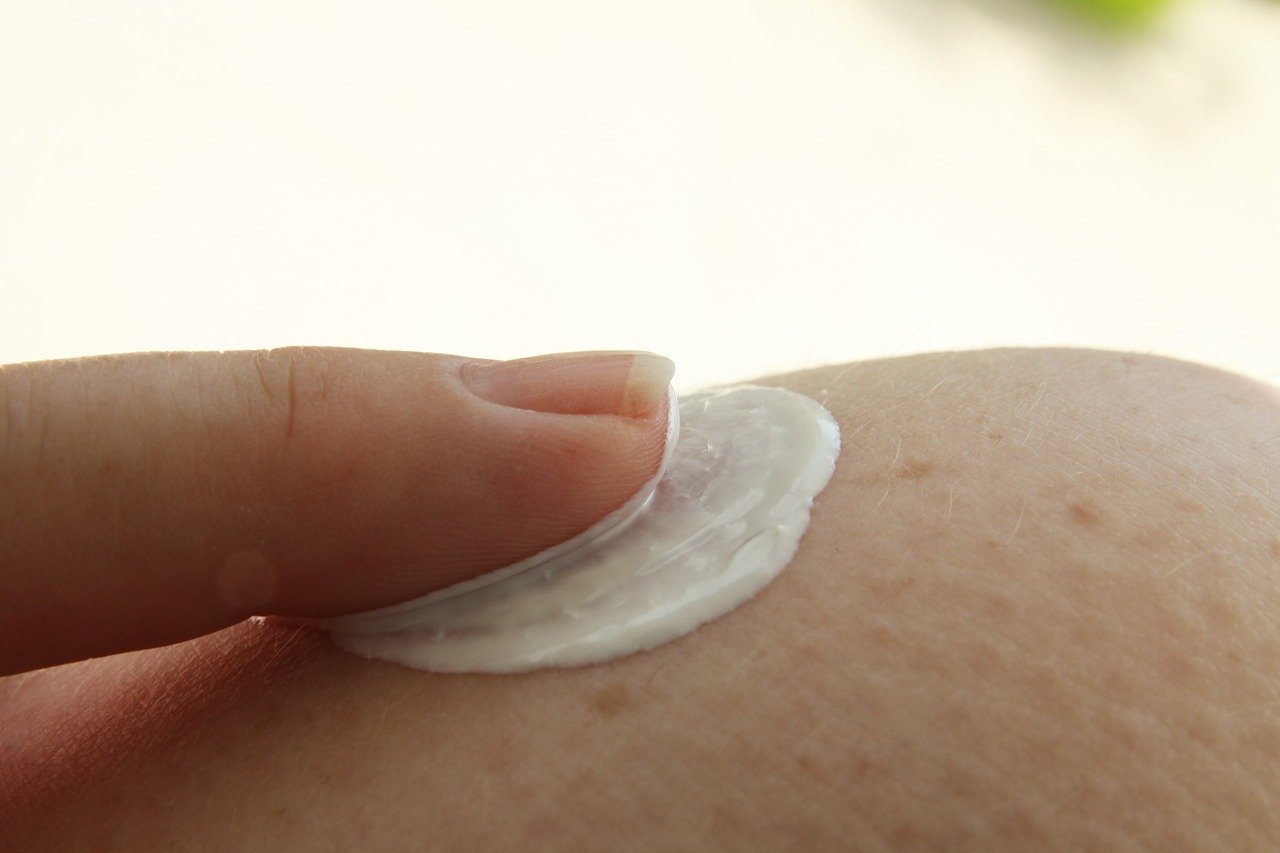In November 2018 researchers from the UK published their review of the medical scientific literature to assess the effect of probiotics in the treatment of eczema. A total of 39 studies, involving involving 2,599 individuals (male and female; aged 1-55 years), met the search criteria and were included in the review. It was noted that the studies had taken place mainly in Europe or Asia, with the duration of the supplementation lasting from 4 weeks to 6 months and the period of follow-up between 0-36 months. The probiotics used were of the Lactobacillus and Bifidobacteria species, which had been taken either alone or combined with other probiotics, and were given with or without prebiotics. Outcome following the use of no probiotics had been used as a comparison. It was noted that most studies had an unclear risk of bias, while 6 were considered to have a high risk of bias and 9 a low risk. Results showed that, compared with no probiotic, currently available probiotic strains in supplements probably make little or no difference in improving patient-rated eczema symptoms. In addition it appears that probiotics may make little or no difference in the quality of life for individuals with eczema nor in the eczema severity score. There was no evidence of adverse effects being experienced with the use of probiotics, and that probiotics made no difference in the risk of adverse events being experienced when taken at the same time as prescribed medicines. The researchers therefore concluded that the use of probiotics for the treatment of eczema is currently not evidence-based and recommended that further studies should consider studying subgroups of individuals, e.g. individuals with atopy or food allergies, with standardisation of doses/concentrations of probiotics given.
Makrgeorgou A et al. Probiotics for treating eczema. Cochrane Database Syst Rev. 2018 Nov 21;11:CD006135.

